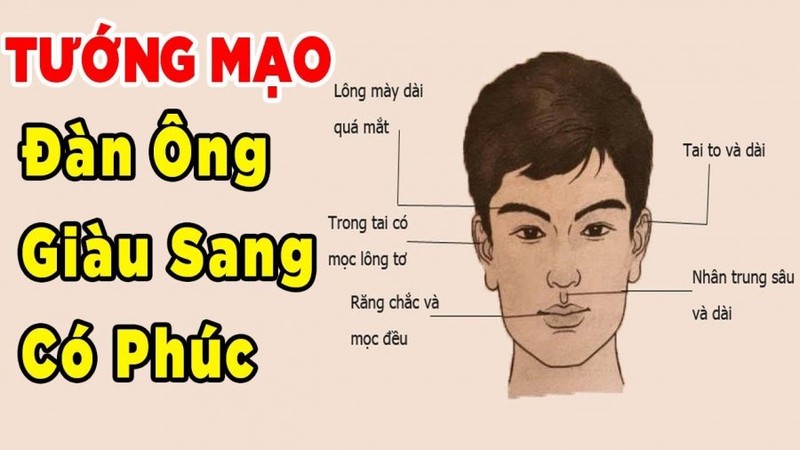The Dragon-Nosed Man
In the study of physiognomy, a dragon-nosed man is characterized by thick nasal skin, a curved, large, and coarse nasal bridge, a round and full nasal tip, and large, round, and wide-open nostrils that are not exposed.
From an aesthetic perspective, a dragon nose can make the overall facial features appear unbalanced and less elegant. However, this particular nose shape is associated with success in one’s career and endeavors.
According to physiognomy, individuals with this nose shape tend to have a profound education, a wide diplomatic network, and a far-sighted vision. Additionally, men with dragon noses often lead comfortable, wealthy, and prosperous lives, with thriving families.

The Wealthy Man’s Nose
The Lion-Nosed Man
In the study of physiognomy, a lion-nosed man is identified by a large nasal tip, with wide and thick nostrils that are not visible when viewed directly from the front. In life, those with this nose shape possess three key attributes: wealth, honor, and kindness. As a result, individuals with this nose shape, regardless of gender, tend to achieve success early on, enjoy good fortune, and lead prosperous lives.
Moreover, those with lion noses are often well-educated, talented, decisive, and cautious in their affairs. They are capable of great things due to their intelligence and leadership qualities, which also grant them a high social status. While they may encounter initial obstacles, they will eventually overcome them and establish a solid foundation for their endeavors. Men with this nose shape will enjoy increasing blessings of fortune and descendants in their later years, along with a thriving family.

The Wealthy Man’s Nose
The Straight Coconut Nose
Historically, a straight coconut nose has been considered the aesthetic ideal for a beautiful nose. In addition, according to physiognomy, this nose shape is auspicious and brings good fortune to its owner.
In the study of physiognomy, individuals with straight coconut noses have high and straight nasal bridges, with nasal tips that are not overly large and harmonious nostrils that easily create a favorable impression on others. In life, they tend to be friendly and skillful in their interactions, making them well-liked by those around them.
These individuals also encounter good fortune in their careers and lives, often benefiting from the support of noble patrons. In terms of financial fortune, they need not worry excessively, as they lead fairly fulfilled lives.
*For reference and contemplation only
The Ultimate Wealth-Attracting Spot for Your Fridge: A Guide to Prosperity for Homeowners
According to Feng Shui principles, the placement of a refrigerator in a home can have a significant impact on the inhabitants’ lives. The direction and location of this appliance are believed to influence various aspects of the homeowners’ well-being and prosperity.





































